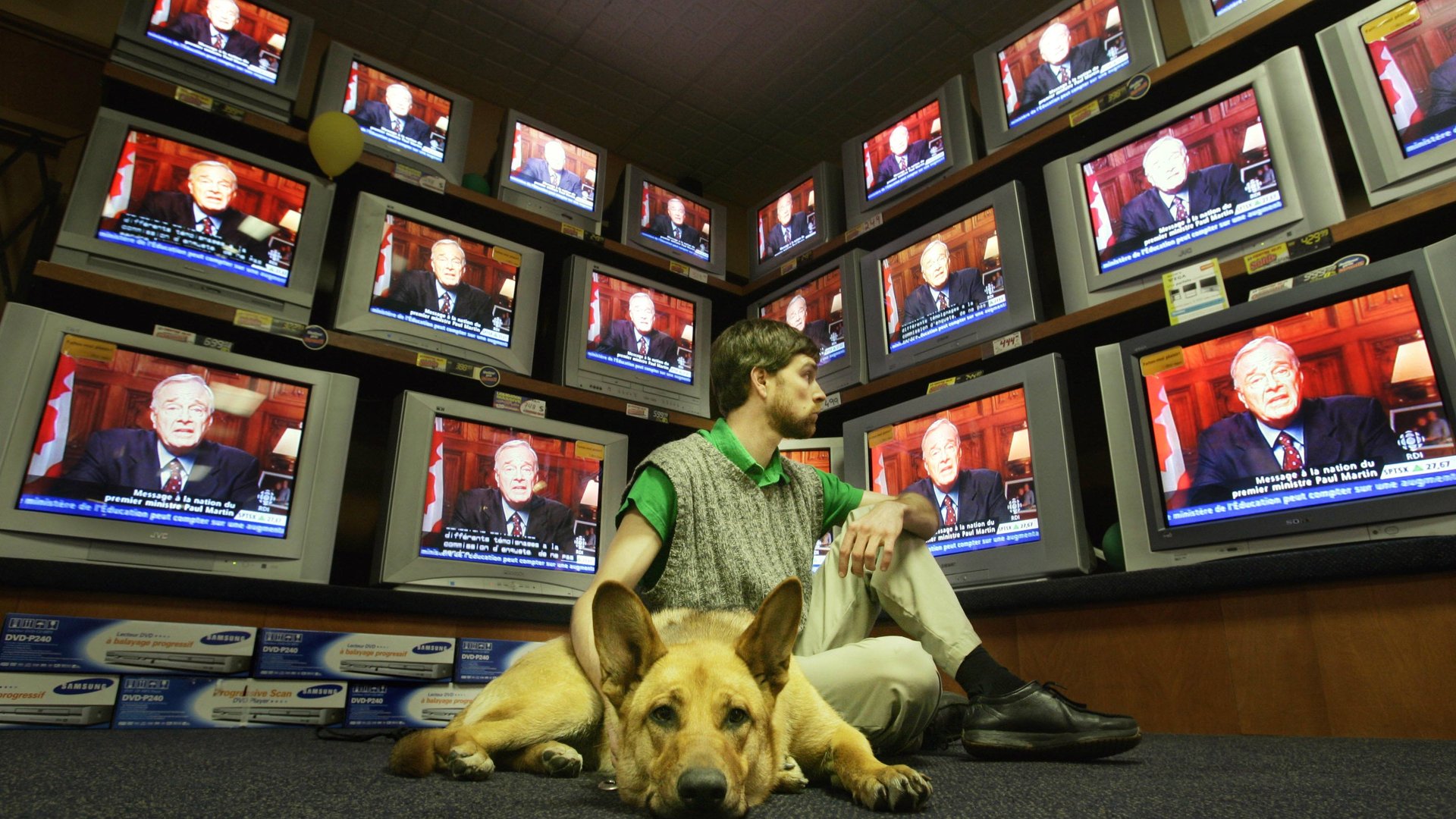The economic concept that explains why young people are having less sex
There is a long list of things millennials supposedly don’t do. They don’t own homes. They don’t buy cars. They don’t drink. Perhaps most striking of all, they don’t have sex. Or, at least, they don’t have sex at the same rate as the generations before them.


There is a long list of things millennials supposedly don’t do. They don’t own homes. They don’t buy cars. They don’t drink. Perhaps most striking of all, they don’t have sex. Or, at least, they don’t have sex at the same rate as the generations before them.
There are many possible reasons for a lack of sex among younger adults these days; some put it down to high student debt and helicopter parenting. But another, more fundamental factor may be at play. It is a simple concept from financial theory that explains all the decisions we make: risk.
Financial economics is the study of risk, namely how to measure it and which risks are worth taking. The foundation of these decisions is a concept called the risk-free asset. It is the security that will deliver your objective with as little risk as possible. For example, if you want to make sure you are likely not to lose any money in the next few months, the risk-free asset would be a US treasury bill.
Risk-free assets tend to be expensive, in terms of the forgone opportunity for higher returns. A treasury bill or savings account does not pay much interest, but you give up the possibility of higher returns in exchange for greater safety and certainty. The price of a risk-free asset is the foundation of all decisions: it determines how much risk we take, as I explain in my new book, An Economist Walks into a Brothel: And Other Unexpected Places to Understand Risk.
For example, if a savings account offers an inflation-adjusted 8% return, there’s less of a need to take a risk and invest in stocks. By contrast, if the best rate on offer from a savings account is 1%, then the potential return of buying stocks, despite the risk, looks more appealing
So what does this have to do with sexless millennials?
Relationships are risky. You might find deep fulfillment, or get rejected. A casual relationship could turn unpleasant, the other person may get too attached, you may get too attached, and there could be a messy break-up. Going on a first date can be awkward, uncomfortable, wonderful, or any other number of things. There is evidence that millennials may be less inclined to take these risks. They date less, despite technology that enables them to meet more people, and are slower to marry or be in long-term relationships. All of this results in less sex.
Some commentators and economists speculate that millennials are more risk averse than previous generations. This is hard to generalize. But one thing sets millennials apart from previous generations is that they benefit from a higher risk-free return from not leaving the house. When TV was boring and video games were rudimentary, you had to go out into the real world for the best entertainment and stimulation, both good and bad. No longer. Now everyone can live what feels like an entertaining life without taking the risk of leaving the house. Binging prestige television shows or playing immersive video games is almost guaranteed to be a pleasant evening—Tinder offers no such promises.
Some speculate (paywall) that Netflix may explain declining fertility because couples would rather binge than partake in other, er, activities. For people still searching for a partner, streaming and video games offer something even more valuable: a fulfilling home experience that is nearly risk-free, even if you are alone. Research suggests that some young men are working less because they devote more time to playing video games, implying that it serves as an alternative to seeking both love and money.
But like avoiding risk in any other markets, the benefits are limited. Taking risks is how we get more from life and move forward. A evening spent with Netflix may feel good in the moment, but a lack of social interaction may ultimately contribute to loneliness and anxiety.
When I was in my 20s, I was warned to not subscribe to cable TV because it would destroy my social life. As a result, I recall going on dates just because there was no good TV to watch. That would never happen now.